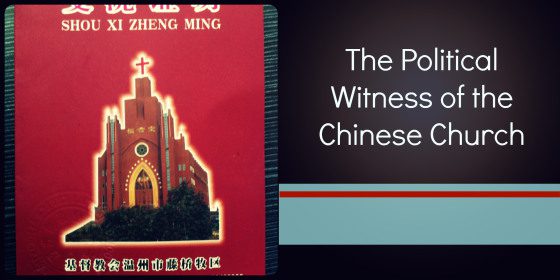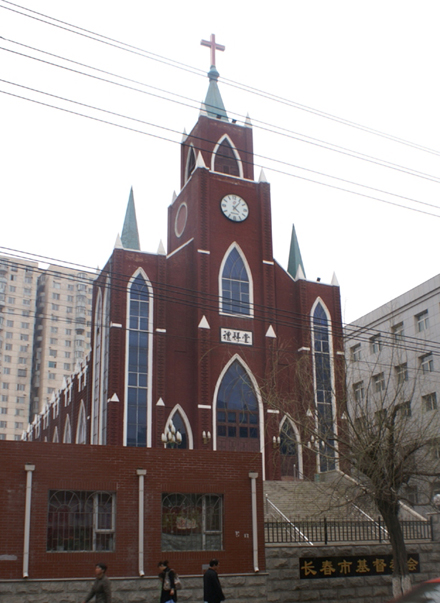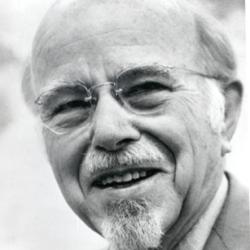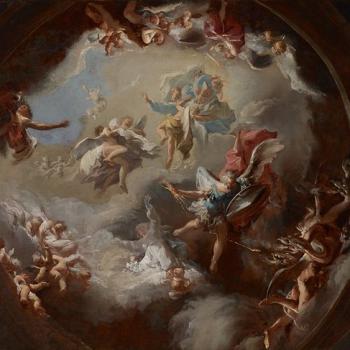Previously, I reviewed the book Christian Political Witness (see Part 1, Part 2).
Now I want us to apply some of its insights. Therefore, I’m starting a new series in which I will consider the Christian political witness of the Chinese church. It is important to remember what is meant by “politics.”

In a prior post, I said that “politics” concerns power–– influence–– in a public setting.
Therefore, the topic is much broader than political parties and elections.
Does the Church Matter in Society?
Stanley Hauerwas sets the tone in the book’s opening chapter “Church Matters.”
 He argues that the church (in the West) has succumbed to a secular way of thinking that separates “religion” from “politics.” He claims that the church has been domesticated for the sake of societal peace (19).
He argues that the church (in the West) has succumbed to a secular way of thinking that separates “religion” from “politics.” He claims that the church has been domesticated for the sake of societal peace (19).
It is no wonder then that people see the church as a voluntary organization. Christianity is not longer treated (even by believers) as a “public” truth.
Accordingly, the church has lost the ability to discuss matters of deep conviction. By privatizing Christian faith, we automatically make any sort of Christian political perspective impossible.
Hauerwas argues that the Church is inherently political yet has failed to integrate this fact into our theology. This is what he means:
The church makes a definitive “political” statement when we proclaim that Jesus is King.
He claims authority over every government or corporate powers that be. This is because ultimate allegiance to Christ as king will necessarily mean challenging the supremacy of other loyalties, whether the state, a clan, or family.
Christians historically were prepared to die as the ultimate political statement; yet he wonders who would become martyrs for a “civil religion,” which Christianity in the West has become.
Finally, he draws heavily on Karl Barth as an example of a theologian who did not dichotomize Christianity and “politics” (so-called). Rather, for Barth, a Christianity that cannot publically oppose the atrocities of unjust war––even at the cost of suffering––is irrelevant.
On the other hand, Hauerwas is not calling for a “Christian state.” In fact, he points out, “Hitler’s attempt to make Christianity a state religion by creating the German Church meant the free preaching of the gospel was prohibited” (29).
Is this Practical?
Theology is supposed to be practical, especially “political theology.” Therefore, I want to evaluate the chapter by trying to apply it to a Chinese context.
1. Church and Gospel
The gospel announces the fact that Jesus is King.
Therefore, an apolitical ecclesiology (doctrine of the church) makes Christian faith impossible because it takes away the core of the gospel. In other words, if Christianity is not essentially collectivistic and public, it is not biblical. Yet, if it is collectivistic and public, then it is also political.
This raises the question: What “gospel” do Chinese Christians preach? Functionally speaking, does it proclaim a private religion whereby individuals escape the material world for a disembodied existence in a place called “heaven”? In what sense would that sort of message be “public” and challenge people to live materially different lives here and now?
2. Church and State

Hauerwas deals with a very Chinese problem; namely, the way people largely perceive religion and thus the church. Throughout Chinese history even to the present, it is assumed that religions, including Christianity, exist for the sake of society. Government always trumps religious commitments. Accordingly, although Hauerwas has western democracies in mind, the division between public and private is also an accurate diagnosis of Chinese religious life.
What is the relevance of Hauerwas’ analysis for the Three-Self Church?
If the Three-Self church is unwilling to be a prophetic voice confronting corruption and officially sanctioned evil, then in what sense can they be called “Christian” and not just “Chinese”?
Of course, countless unregistered “house churches” have proven equally hesitant to engage in social (i.e. “political”) ministries.
3. Provocative and Practical
Might the separation of Christianity and politics––with Christians’ reticence to address “politics”–– be one reason people might also shy away from preaching the “King Jesus gospel” and instead settle for the plan of salvation? After all, if we proclaim clearly that Christ is King, then all will draw the proper inference –– Caesar is not. Or to put it in a more “Chinese” way, if Jesus is chairman, then Mao is not.
In short, the very fact that we talk about “Christian politics” illustrates the problem.
After all, such a question presumes that there is in some way a distinction between Christianity and politics. [Christianity has become too abstract to affect actual lives.]
4. Suffering for Society?
Naturally, the threat of persecution, at some level, hangs over the head of every Christian, whether formally (by local authorities) or informally (by family and friends). Conventional wisdom teaches the average Chinese person to equivocate on controversial issues; take the middle road and don’t stick out in a crowd.
The Chinese church needs to ask itself, “What are we willing to suffer for?”
What it suffers for will demonstrate what it really stands for, what lies at the essence of its message. Chinese Christians have willingly suffered to help people find eternal life; that is commendable.
How about other injustices?
- If Christ is truly king over every inch of creation, then what does it say about our gospel if we are not willing to risk our jobs because our wives are not willing to abort what would be a second child?
- What does it say about the gospel when we tell people they can have eternal life but cooperate when our boss tells us to bribe a local official in order to get a business contract or wants to hire a prostitute to entertain business clients?
In effect, what people hear is that Jesus is primarily concerned about the “next life.” After all, if we are not willing to challenge the norm (and suffer for it), then our lives proclaim that Jesus is not yet king. The problem is obvious: Christ was raised and now reigns as king of kings.
5. Chinese Christian or Christian Chinese?
Hauerwas’ presentation is a penetrating analysis of the church’s self-understanding. In essence, he rightly challenges Christians to consider whether they identify more with the state or the Church. In China, I sometimes ask people, “Are you a Chinese Christian or a Christian Chinese?” (The noun says what you are; the adjective could be tossed away).























